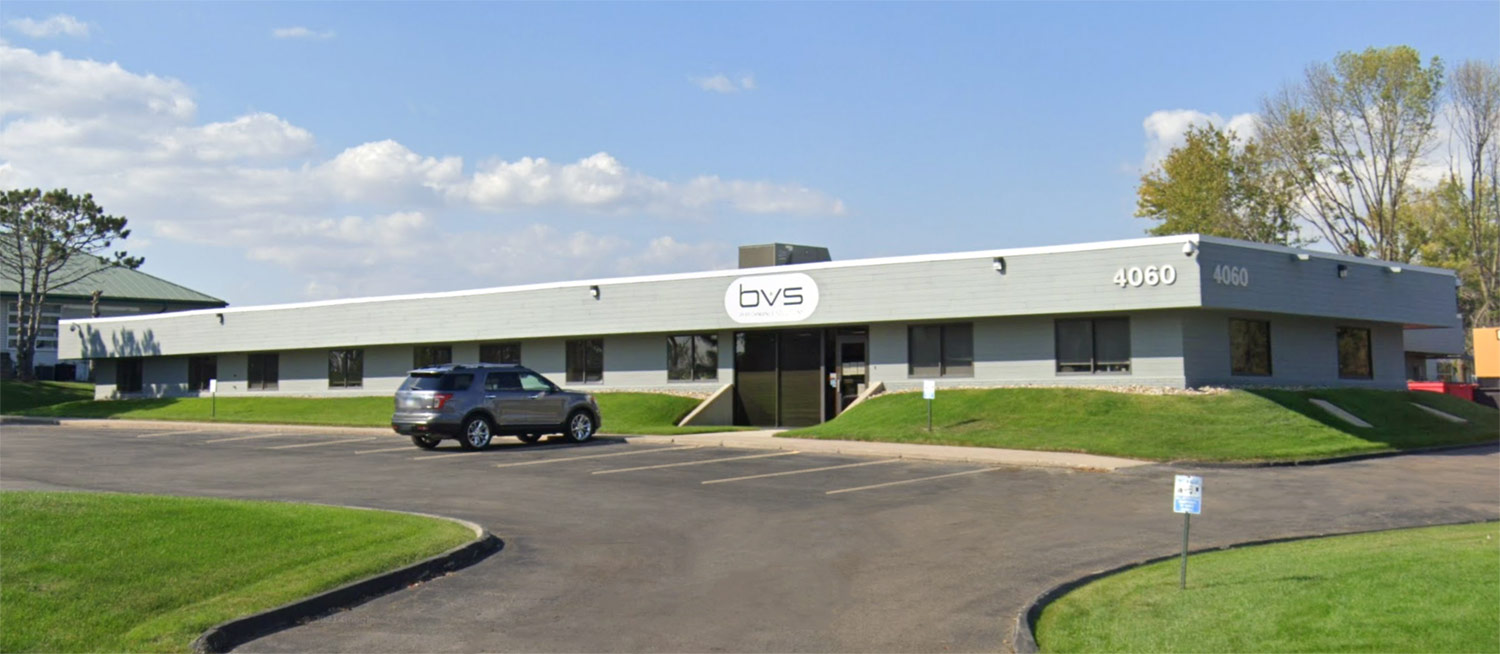-
February 1, 2023
The Risk of NOT Addressing Learning Gaps
by Phyllis Simon, Chief Sales and Marketing Officer, BVS Performance Solutions
In the rapidly evolving financial services industry, learning gaps — the difference between what was learned and what was expected to be learned — can have a major impact on an organization's bottom line. At a time when banks and credit unions are held to high standards of risk management, the inability to identify and close learning gaps can put your organization at risk and at a competitive disadvantage.
I'd like to suggest that, if you're reading this blog, you've probably already considered the need to address learning gaps and the role of remediation. Courses are delivered. Tests are passed. Here's the catch. Was the passing score 100%? Most likely not — so how important is it to know the answers to missed questions? Does it matter if they missed the question on CTRs? What's the downside of missing a question about information security? You get the idea.
Here's where remediation comes into play. Remediation is the process of revisiting previously learned material to prevent information from becoming outdated or forgotten. In your position, it's essential that you understand how this process can improve staff performance, mitigate risk and help maintain a competitive advantage. And, please, don't overlook the direct benefit to your learners. An employee who has the knowledge to perform their role successfully will feel more motivated and satisfied. For you, a better chance you'll be keeping a skilled employee.
Any of this striking a chord? Bottom line: if your goal is 'train to learn' not simply 'train to test,' It's not too late to incorporate a remediation plan into your training process.






 Call 800.553.5972
Call 800.553.5972


